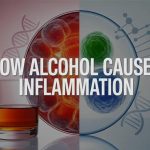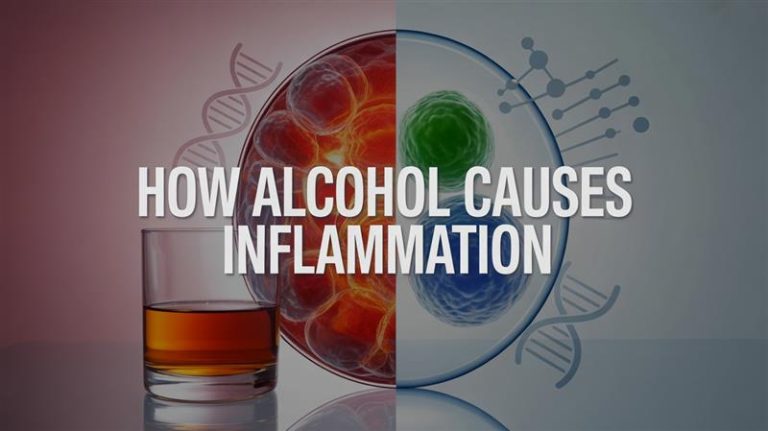Many people assume that snorting heroin is safer than injecting it. Without needles, the risk of infections like HIV or hepatitis is lower. The high takes longer to feel, so it seems less dangerous, right? Wrong.
The truth is, heroin—no matter how it’s used—is extremely dangerous and highly addictive.
Snorting heroin may seem to some like a “safer” alternative, but it still leads to dependence, long-term health problems, and a high risk of overdose.
Heroin is a strong and illegal drug. It quickly affects the brain, causing a strong feeling of happiness. This is followed by sleepiness, slow breathing, and serious withdrawal symptoms.
Some people prefer to snort it rather than inject it. They believe this lowers the risk of addiction. They also think it helps them control their use better. But the reality?
Heroin in any form is highly addictive, and snorting can still have severe, life-threatening consequences.
In this article, we’ll break down:
- Why people snort heroin and the misconceptions around it
- The serious health risks, including addiction and overdose
- How heroin affects the body and brain
- The importance of getting professional help for heroin addiction
Why Do People Snort Heroin?
Many people who use heroin start by snorting it instead of injecting it. They think snorting is a safer choice. However, this is a dangerous misconception.
Snorting might seem safer than injecting, but it can still cause quick addiction and serious health problems. It also carries a high risk of overdose.
Common Reasons People Choose to Snort Heroin
- Avoiding Needles – Some people are afraid of injections or worry about contracting diseases like HIV or hepatitis from sharing needles.
- Belief That It’s “Safer” – There’s a common myth that snorting heroin is less addictive or won’t lead to overdose as quickly as injecting.
- Slower Onset of Effects – Unlike injection, which delivers heroin directly into the bloodstream, snorting takes longer to reach the brain. Some assume this makes the high less intense and easier to control.
The Dangers of Snorting Heroin
Snorting may help avoid risks from needles, like infections. However, it can still cause addiction, long-term health problems, and overdose.
1. Addiction & Dependence
Heroin is one of the most addictive substances in the world, regardless of how it’s used.
Snorting heroin still floods the brain with dopamine, creating intense euphoria and reinforcing compulsive drug use. Tolerance builds quickly, meaning users need more heroin to feel the same effects.
Many who start by snorting heroin eventually switch to injecting for a stronger, faster high,only to develop withdrawal symptoms—including severe cravings, nausea, body pain, and anxiety—which make it difficult to quit.
2. Damage to the Nose & Sinuses
Snorting heroin damages the delicate tissues inside the nose, leading to long-term problems such as:
- Severe nasal irritation & inflammation – Chronic snorting causes swelling, pain, and frequent congestion.
- Loss of smell – Long-term heroin use can permanently damage olfactory nerves.
- Frequent nosebleeds – The drug erodes blood vessels, making the nose more fragile.
- Perforated septum – Over time, snorting heroin can eat away at the nasal septum, creating a hole between the nostrils. This can lead to breathing issues, chronic infections, and permanent facial damage.
3. Increased Overdose Risk
One of the most dangerous myths about snorting heroin is that it prevents overdose.
While snorting does slow down heroin’s effects compared to injection, the drug is still highly potent—and deadly. People often misjudge their dosage, thinking they need more since the high takes longer to kick in.
Additionally, street heroin is frequently laced with fentanyl, an opioid that’s 50-100 times stronger than heroin. Even a small miscalculation in dosage can end up being fatal. Respiratory depression—where breathing slows or stops—can occur even when heroin is snorted, leading to coma or death.
4. Long-Term Mental & Physical Health Risks
Snorting heroin doesn’t just affect the nose—it harms the entire body.
Heroin in powder form can harm the airways. This raises the risk of lung infections, pneumonia, and long-term breathing problems.
Long-term heroin use alters brain chemistry, leading to memory problems, impaired decision-making, and emotional instability.
Many heroin users mix it with other drugs, like benzodiazepines or alcohol. This can enhance the effects but is a deadly combination. It greatly raises the risk of overdose.
Addiction, nasal and lung damage, overdose, and long-term brain impairment are just a few of the long-term risks.
100% Confidential Support is Available 24/7
No matter what you’re going through, you’re not alone. Our dedicated team is here to provide a safe, judgment-free space where you can talk openly and honestly. Whether you need emotional support, resources, or just someone to listen.
We’re here for you—completely confidential and always respectful of your privacy. Call us today!
Treatment Options for Heroin Addiction
Overcoming heroin addiction is difficult, but with the right treatment, recovery is possible.
Professional care helps individuals safely detox, manage cravings, and rebuild their lives.
Medical Detox for Withdrawal Management
Heroin withdrawal can be intense and incredibly uncomfortable, but medical detox provides supervised care to ease symptoms and prevent complications.
Medications like Suboxone (buprenorphine/naloxone) and Methadone help reduce cravings and withdrawal symptoms, so it’s easier to transition into recovery.
Inpatient & Outpatient Rehab
Inpatient rehab provides 24/7 medical support and a structured environment, ideal for those struggling with a severe addiction, while outpatient programs offer flexibility, allowing individuals to attend therapy and counseling while maintaining daily responsibilities.
Ongoing Support & Relapse Prevention
Long-term recovery requires continued care. Support groups like Narcotics Anonymous (NA), sober living homes, and aftercare programs help individuals maintain sobriety. Relapse prevention planning also teaches coping skills for triggers and stress.
Contact Solutions Healthcare
Battling with Drug and Alcohol Addition? Remember, you are not alone and we are here to help you!
Find Help for Heroin Addiction Now
If you or a loved one is struggling with heroin addiction, seeking professional help can save lives. Treatment works, and recovery is possible with medical detox, therapy, and ongoing support.
At Solutions Healthcare, we provide compassionate, evidence-based treatment for heroin addiction. No matter how you use heroin, our team is here to help you start your recovery journey.
References
- Science Direct: Decrease in injection and rise in smoking and snorting of heroin and synthetic opioids, 2000–2021
- Science Direct: Heroin snorters versus injectors: comparison on drug use and treatment outcome in age-matched samples
- National Institute on Drug Abuse (NIDA): What are the long-term effects of heroin use?






















